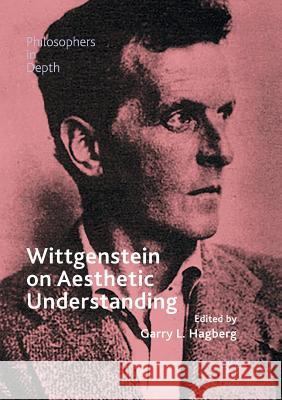Wittgenstein on Aesthetic Understanding » książka
topmenu
Wittgenstein on Aesthetic Understanding
ISBN-13: 9783319822150 / Angielski / Miękka / 2018 / 394 str.
Kategorie BISAC:
Wydawca:
Palgrave MacMillan
Seria wydawnicza:
Język:
Angielski
ISBN-13:
9783319822150
Rok wydania:
2018
Wydanie:
Softcover Repri
Ilość stron:
394
Waga:
0.49 kg
Wymiary:
21.01 x 14.81 x 2.13
Oprawa:
Miękka
Wolumenów:
01
Dodatkowe informacje:
Wydanie ilustrowane











